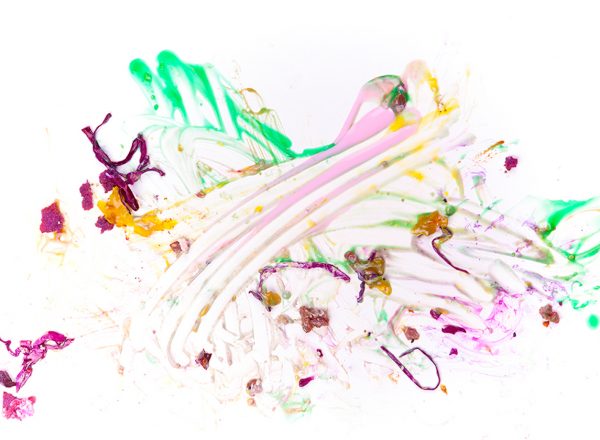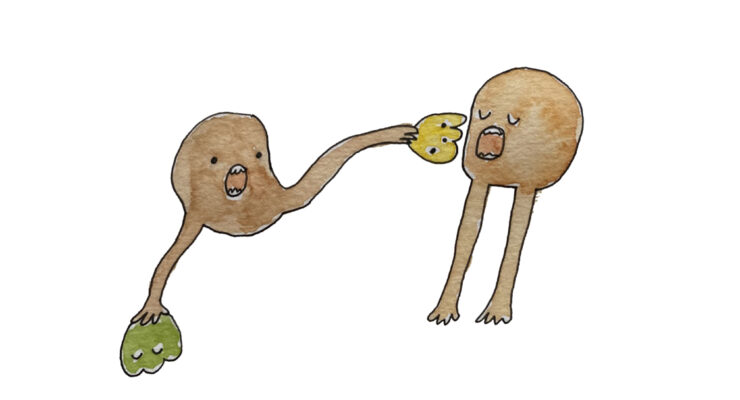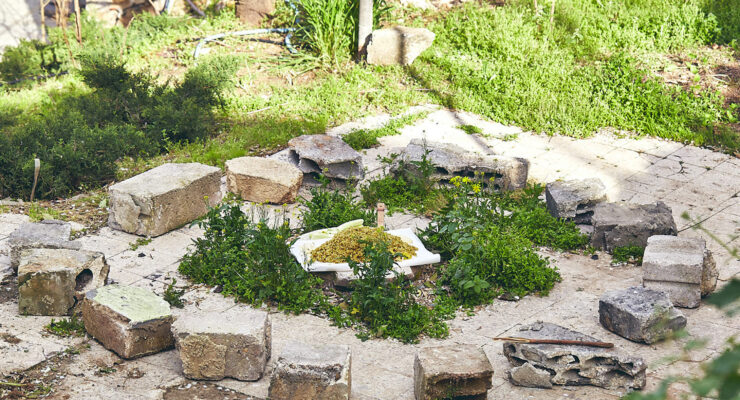“Food and design both have as a goal to better the human experience – functionally & fantastically”
Emilie Baltz is an American award-winning food designer, technologist and experiential artist. As a correspondent for the DIFD she will give a regular update on the technological and sensorial side of Food & Design.
Tell us about yourself and your work
I use food and the senses as material for provoking delightful new experiences that create emotional impact. I have created large scale dining experiences, experimental instruments, books, innovation workshops, and happenings that foster joy, curiosity and human connection.
I am interested in the experience of being human – specifically in creating more opportunities to enjoy our lives. Food and design are both human-centric disciplines that have as a goal to better the human experience – functionally & fantastically – and I am thus drawn to both fields.
As a correspondent for the DIFD I will focus on the relationship of the senses to food design, why pleasure is important and the inventive uses of technology in eating experiences.
Lickestra by Emilie Baltz

Traces by Emilie Baltz

What is your take on Food & Design and how do you see its future?
Food Design is the application of design principles to food experience. This means that food designers address human-centric problems and, through a systems-based approach that uses color, shape and form, create solutions for food-based problems.
For example the sandwich is a genius food design invention. It allows a full meal to be portable, easy to eat in all sorts of locations, and – at its best – incorporates all our necessary food groups into one bite. The sandwich can also be shared easily, demands no utensils and very little packaging; all of which make it an earth (and society) friendly meal!
In the future technology will create more capabilities for hyper-personalization. In consequence, I think food design will address the individual more than the mass.
Do you see a role for food designers to address the mass, regarding political and social issues?
To quote Howard Thurman: “Don’t ask yourself what the world needs. Ask yourself what makes you come alive and then go do that. Because what the world needs is people who have come alive.”
I think designers need to first identify what makes them come Alive, then find the most powerful way to leverage that in the world. Being engaged in politics and social issues means we are engaged world citizens, which is an essential part of any fulfilling life.
—
Read more about Emilie on her:
Website: www.emiliebaltz.com
Instagram: @emiliebaltz
Twitter: @emiliebaltz








